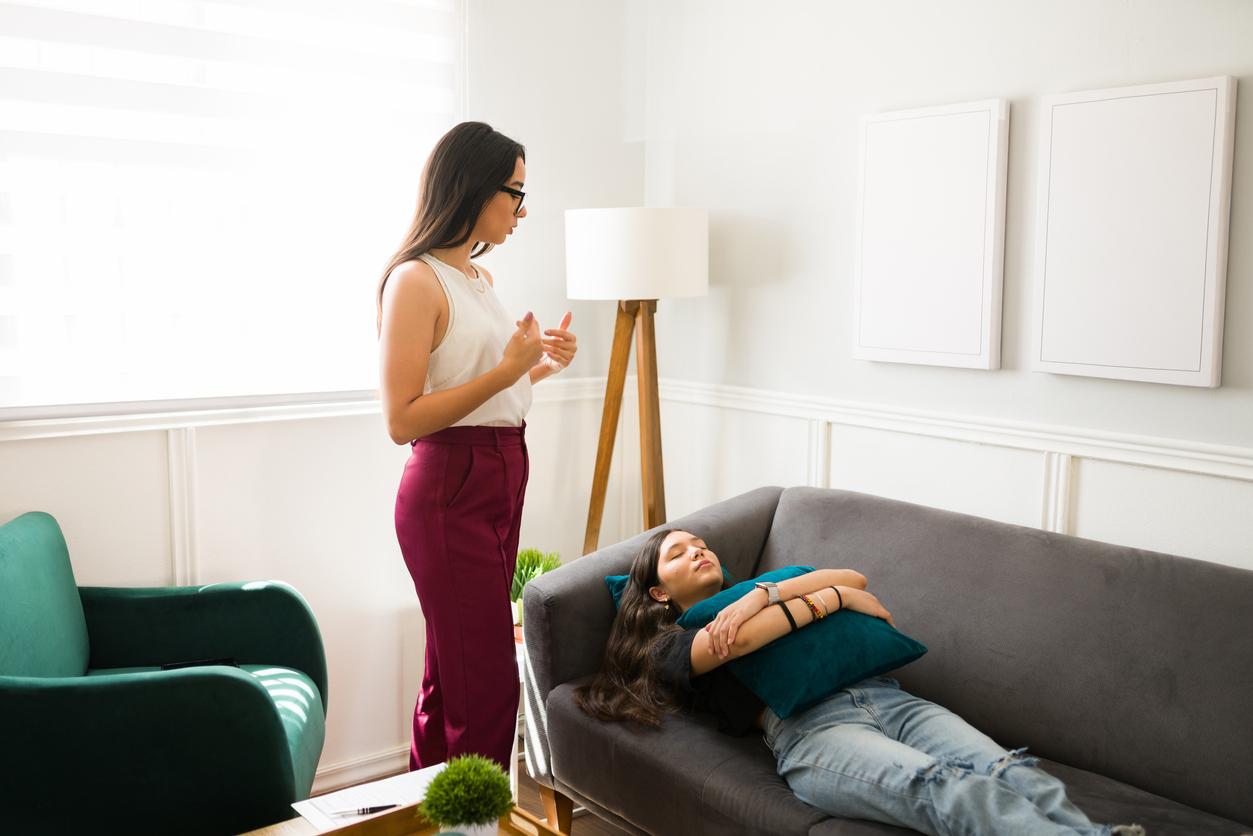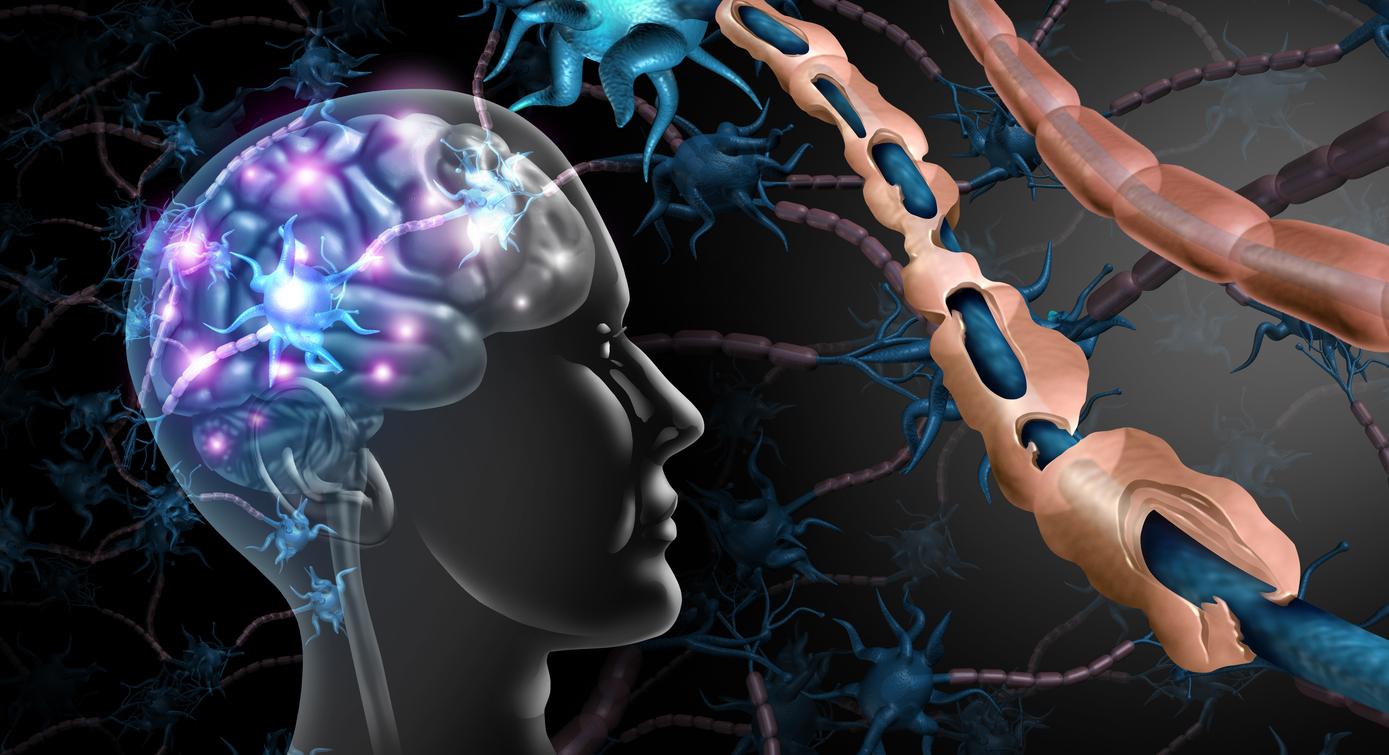For people in therapy, the summer holidays are synonymous with a break in their follow-up. According to psychiatrist Claire Lewandowski, the key is to anticipate and prepare for this period in advance with patients.

Claire Lewandowski, psychiatrist, mainly follows patients with anxiety or depressive disorders, or both. For her, the summer holidays are far from trivial. In order to disturb as little as possible the people she sees in consultation, the health professional recommends preparing for this period as well as possible. A key word: anticipation.
Are the holidays a scary time for people in therapy?
Holidays consist of getting out of your comfort zone, testing yourself, changing your habits: this can be very destabilizing for many patients. For some, the ‘empty’, the fact of having nothing planned, is complicated to manage. In this case, it is important to prepare some activities, a kind of program, beforehand. It’s reassuring.
Nevertheless, some patients prefer not to go on vacation. This can be schizophrenics, anxious or depressive patients who have not stabilized, people with eating disorders, or even patients obsessed with the food routine. They consider that leaving would destabilize their daily life too much.
My hypochondriac patients are in the same situation, especially at the moment: for them, it is unbearable to expose themselves to the risk of contracting Covid-19. Sometimes, it is not so much during the holidays that patients will have an anxiety attack, but in advance: we speak of anticipatory anxiety. They will be a little more stressed than before and will tend to change their habits. These times can be more difficult to manage, before experiencing relief during the holidays.
Does going on vacation have an interest in the work done with the patient?
The holidays can be a really therapeutic period because, at the start of the school year, it allows you to resume the things on which there have been difficulties. This questions what caused the most problems to work on it afterwards: it’s like a test in the year that can be used as a therapeutic tool. Analyzing vacations can be really interesting.
How do your patients react when you go on vacation?
I restrict myself. I never leave for more than 15 days, because I know it would be very destabilizing for the follow-up of my patients; I think that many colleagues are in my case. Sometimes patients got upset when I told them I was going to take a vacation, so I always let them know a month in advance.
In this way, I have noticed that they project themselves better and accept my absence more: this allows them to anticipate. If I warned them at the last moment, it would be a shock. I could expect reactions like: ‘How am I going to do without you?’‘How will it be if I have a panic attack?’.
How should the summer vacation break be managed?
I think it is essential to anticipate according to the duration of the absence, to prepare it as well as possible with its patients. There are different possibilities: it all depends on the pathology. The simplest solution is to offer an appointment just before departure and schedule the next one at the same time so that it coincides with the return. We can also set up teleconsultations if the patient’s holidays allow it.
How is the holiday preparation going?
During an appointment, I enter a little into the projection of what will happen during my vacation or that of the patient. You have to ask yourself what context he will be in, what worries him the most, what he anticipates, what his expectations are, what I can bring him so that the break goes as well as possible… It’s often fear of the unknown and the loss of bearings, of daily rituals, which manifest themselves.
In this case, the idea is to keep a certain rhythm, to keep bedtimes and wake up times as close as those of everyday life. This is important, not only to be able to take the medications if there are any, but also because going to bed and getting up later than usual can quickly disrupt a whole day.
You can adopt an unbalanced diet, or take exciting products that can cause anxiety attacks or low morale. From a practical point of view, it is better to plan prescriptions in advance, just in case. It happens that we give an anxiolytic tablet on an ad hoc basis, if necessary, for moments when the anxiety linked to the unknown and the fear of change is too strong.

















